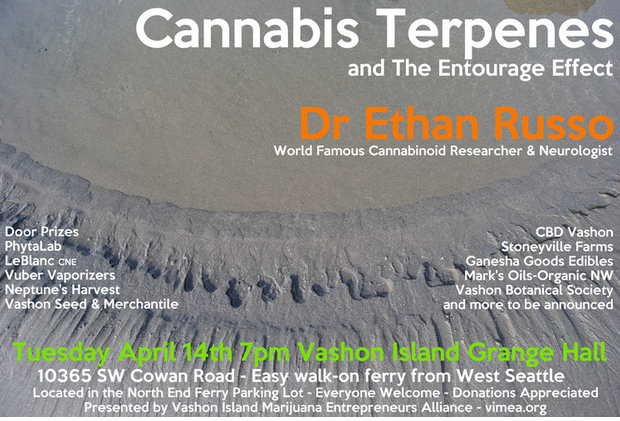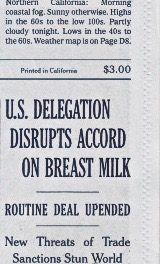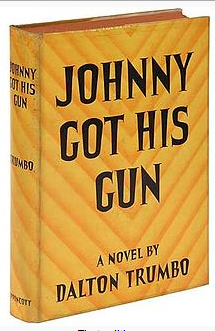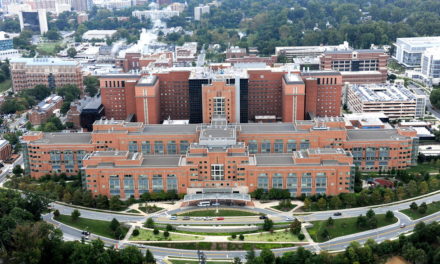Last week the grange hall was packed for a lecture by Dr. Ethan Russo. The standing-room-only crowd was silent as Russo, a neurologist, flipped through a PowerPoint presentation packed with charts, graphs and molecular diagrams, and easily rattled off scientific terms. Only the occasional mention of cannabis or picture of a leafy green plant revealed to the untrained listener that Russo’s lecture was all about marijuana.
The talk, which drew people from Seattle and around the region, was a coming out of sorts for Russo. For several years, the 63-year-old has worked quietly out of his Vashon home, directing and publishing studies as one of the country’s leading medical marijuana researchers. He’s rarely spoken publicly about his work, and then only at medical conferences in far-flung locales.
That is until recently, when Russo left the large pharmaceutical company he worked for, removing what he called his velvet handcuffs, and the legalization of recreational marijuana in Washington created a friendlier climate to stand up and talk about pot.
Russo’s lecture at a meeting of the Vashon Island Marijuana Entrepreneurs Alliance (VIMEA) was one of his first appearances in front of the general public.
“I’ve been laboring in obscurity, and all of a sudden things have exploded in terms of interest,” he said.
Indeed, while public talks on marijuana are new for many, cannabis has made a career for Russo, who has been studying the plant and its medicinal benefits for nearly 20 years. In 2002, a writer for the magazine Cannabis Culture called Russo a “pot pioneer.”
“So what does that make me now,” Russo said, “an ancient pioneer?”
Though he attended medical school in Massachusetts and spent much of his career as a physician in Montana, Russo first encountered medical marijuana in Seattle. While completing a residency at the veterans hospital in the 1980s, he met a man with an autoimmune disorder who added a bit of marijuana to his pipe tobacco to help combat muscle weakness.
“He had cut his hospital visits down dramatically,” Russo said. “Everyone knew he was doing it.”
When he began practicing as a neurologist in Missoula, Montana, Russo saw patients with a range of ailments, from migraines and other chronic pain to seizures, strokes and ADD. He now describes how he gradually began to question the powerful medications he prescribed.
“It began to dawn on me that I was giving increasingly toxic drugs to patients who sometimes had less and less benefit,” he said.
Russo began researching and prescribing herbal medicines, drawn by what he calls the idea that plants could produce equal, if not better, results for his patients and have fewer side effects. In 1995, he took a three-month sabbatical to visit the Amazon rainforest, where he studied a Peruvian tribe that used more than 500 medicinal plants.
“Basically it was going back to the source,” he said, “people who understood how to identify plants in their environment and use them as medicine.”
Back in Montana, Russo immersed himself in herbal medicine, including cannabis, piecing together what information he could find and spending hours doing research at the University of Montana.
“I spent a lot of time in the library,” he said. “My routine was to see patients all day, in the evening read papers, and on weekends I’d write.”
He ultimately authored the “Handbook of Psychotropic Herbs,” which described how common herbs such as ginkgo, ginseng and St. John’s wort could be used to treat psychological disorders. At the time it published in 2000, it was the first of its kind. And while many of Russo’s patients were open to herbal remedies, his methods garnered mixed reviews from his colleagues.
“Patients liked that they had alternatives,” he said. “Some of my colleagues thought it was avant-garde or worse.”
Russo regularly informed patients when marijuana could be used to treat their condition, discussing the pros and cons and letting them choose whether to seek out the illegal drug.
“To me, that is good medicine — giving people options and letting them make the decision,” he said.
It was around that time that Russo became embroiled in what he calls a controversy around cannabis. He and a handful of other physicians and scientists wanted to better study the medical effects of marijuana, but struggled to find support, as it was considered taboo territory.
“A great deal of hysteria has been whipped up over 30 years,” Russo said. “That hysteria is far out of proportion to the true dangers.”
They also found it hard to legally get their hands on the plants. For instance, in 1999 the Food and Drug Administration gave Russo approval to study marijuana as a treatment for migraines, but the National Institute on Drug Abuse, the only place to legally procure the marijuana, wouldn’t provide it.
“I didn’t do the study,” he said, “and it’s never been done by me or anyone else.”
Though marijuana research is still full of challenges, the climate around it has relaxed, and Russo now boasts a CV that is 17 pages long and includes several books, numerous book chapters and over 30 articles on neurology, pain management and cannabis. After leaving his neurology practice in 2003, he became the senior medical advisor for GW Pharmaceuticals, where he was involved in clinical trials of a cannabis-based medicine for cancer patients whose pain is not alleviated by narcotics.
Able to do that job from anywhere, he and his wife moved in 2007 to Vashon. Living in a home overlooking Tramp Harbor, he says he’s embraced what island life has to offer — keeping a small orchard, walking his dog at KVI beach and taking the occasional kayaking trip. But he also stays busy in his home office.
“It’s a great retreat … but I’m not retired by any means,” he said.
Russo is now the medical director of Phytecs, a Los Angeles-based company that produces cannabis-based medicine. His recent research has been focused on better understanding the chemical components of marijuana as well as the endocannabinoid system. Discovered only 20 years ago, this body system regulates many physiological functions — such as metabolism, immune response and inflammation — and can be balanced with the use of cannabis. Russo believes better understanding the endocannabinoid system could help many patients get more targeted treatment for their ailments, but notes that it is barely touched on in medical school.
The system was a focus of his talk last week at the north-end grange, which Russo said had a more “folksy atmosphere” than medical conferences. Many who attended were medical marijuana patients already familiar with Russo’s work, said Shango Los, the head of VIMEA, and many scribbled notes as he spoke.
“They were coming because they had already learned all the stuff you can learn from regular people and on the internet, and they really wanted that specialty information,” Los said. “It looked like a graduate class.”
One audience member asked whether Russo might campaign lawmakers in the U.S. for better laws around marijuana. But Russo made clear he’s not an activist, but a physician.
Indeed, Russo talks of his frustration with those he says willfully ignore the benefits of medical marijuana. But he speaks just as passionately about the research needed to back cannabis as a medicine and to get the right products in the hands of patients.
“There is still a lot of work that has to be done and people who need to be convinced,” he said. “I think this will go on a long time. … I have no interest in retiring.”
Dr. Ethan Russo works out of his home office on Vashon. Natalie Martin/Staff Photo…
Ethan Russo, Local Hero

April 22 From O’S News Service Ethan Russo, MD, a mild-mannered neurologist, has lived inconspicuously for almost a decade on Vashon Island, a ferry ride from Seattle. Russo’s secret identity was revealed today in the Vashon Beachcomber, and we expect that he will never ride that ferry again without a neighbor coming by with a question (that will be answered lucidly and in full). Here’s the Beachcomber scoop:
O’Shaughnessy’s has reported on Russo’s move from G.W. Pharmaceuticals to Phytecs, and his talk at the recent Americans for Safe Access Conference… As for the grange hall being the venue for his hometown coming out, Cassandra saw that coming in The Ballad of Grinspoon & Guy.





